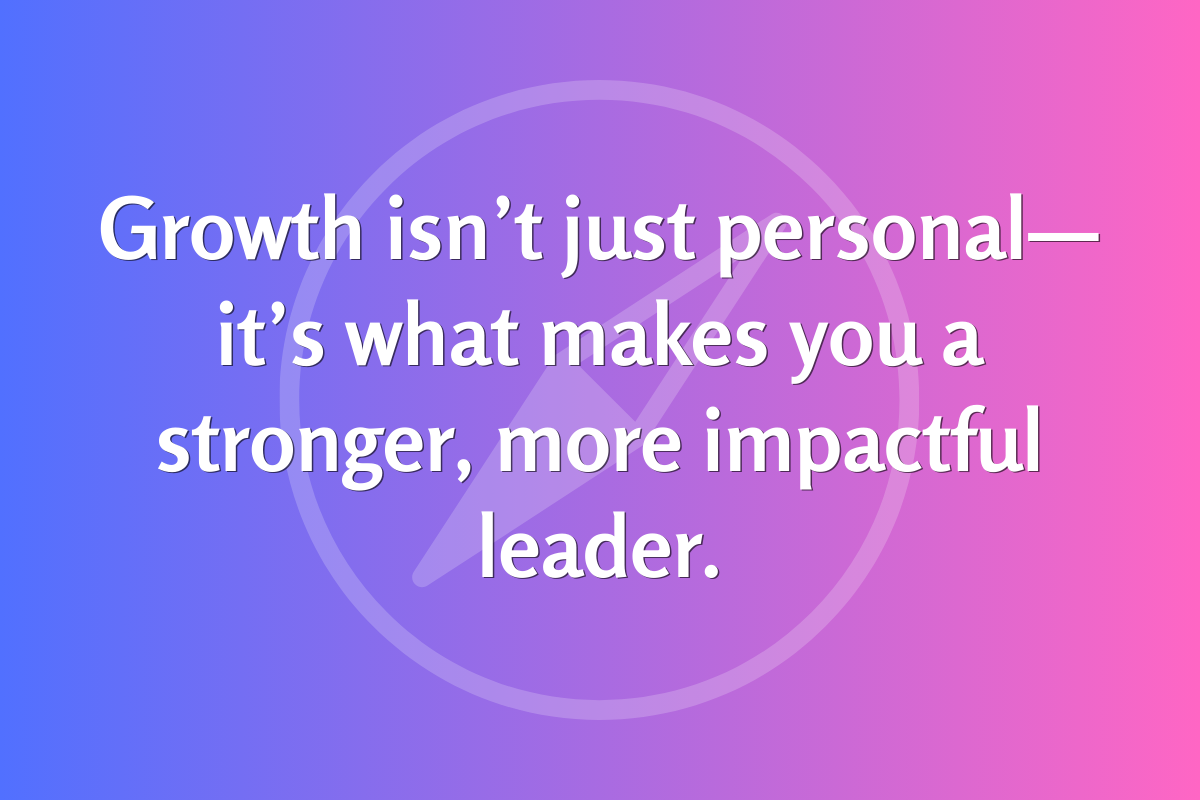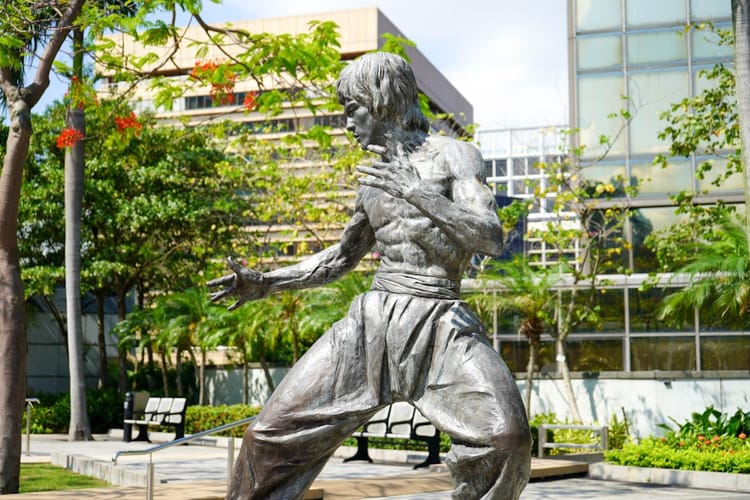“A Wistful Yearning for the Past.” What Are the Lessons of Nostalgia?

The longing for a distant place involves a separation in time and a connection with deeply held emotions.
“There’s nothing else to make of life except to perfectly define yourself — to perfectly define your own existence. To be so utterly what you are that you can be perfectly perceived by others, which is an aid to them and everything to you. And which is happiness — I guess.”Timothy Findley, ‘Journeyman. Travels of a Writer.’
The other morning, I was deep in thought about the sadness of nostalgia I had recently experienced. Nostalgia had overtaken me numerous times in the past year, and I wonder if there’s a tipping point in one’s life that’s related to getting older. Is nostalgia somehow related to wisdom and a greater critical mass of life experience, and thus memory?
Perhaps the COVID-19 lockdowns have had something to do with my frequent experiences of nostalgia over the last year. With less social activity and other distractions, I’ve had more time to think about better times — so to speak. Lately, nostalgia happens with consistency when I watch a documentary about one of my favourite musicians or groups. And they will always be from the 80s — my coming of age, my coming out, and the time when many of us are seeking social connection and acceptance within the dominant culture in our teenage years.
The music of my formative late teen years was New Wave.
Of course, this was not the in-music of the 80s in Mississauga, a city neighbouring Toronto, Ontario. Rather, this was the in-music for anyone labeled alternative. Being in the closet during high school, I suppose it was easier to identify with the gender-bending artists of the time, but as a way to hide in plain sight because of my musical preferences. Groups like: Depeche Mode, Orchestral Maneuvers in the Dark, Human League, Flock of Seagulls, Echo and the Bunnymen, Talk Talk, Spandau Ballet, Blue Petter, Ultravox, Simple Minds, Bauhaus, Images In Vogue, The Cure, Klaus Nomi, Soft Cell, Bronski Beat, and David Bowie. These and many more were at the top of my record rotation.
About two weeks ago, I watched a documentary about New Order and a unique concert experience they created to showcase their artistic impact on music, called “Decades.” As I watched, the interviews with the band members, the discussion about how their songs came to be (including for Joy Division, the band they started out as), and the various clips of music transported me back to when I was about 16 to 21 years old. The memories and associated feelings from that period in time came rushing back. My partner was out with friends that evening, so after the documentary, I kept the nostalgia alive by playing my favourite New Order and Joy Division tracks for about two more hours, long past my bedtime.
What I experienced felt somewhat bittersweet. It was both a longing and a loss; a joyful pleasure (the sensation of how the music moved me) tinged with sadness.
What Is Nostalgia?
Generally, nostalgia is defined as,
a sentimental longing or wistful affection for the past, typically for a period or place with happy personal associations.
When I looked up the etymology of nostalgia, what I found offered further clarity about the nature of this strange emotion. It appears that the origin of the word was used to label an affliction:
"1726, “morbid longing to return to one’s home or native country, severe homesickness considered as a disease,” Modern Latin, coined 1688 in a dissertation on the topic at the University of Basel by scholar Johannes Hofer (1669–1752) as a rendering of German heimweh “homesickness” (for which see home + woe)…
By 1830s the word was used of any intense homesickness… It is listed among the “endemic diseases” in the “Cyclopaedia of Practical Medicine”, which defines it as “The concourse of depressing symptoms which sometimes arise in persons who are absent from their native country, when they are seized with a longing desire of returning to their home and friends and the scenes their youth ….”
Transferred sense (the main modern one) of “wistful yearning for the past” is recorded by 1920, perhaps from such use of nostalgie in French literature. The longing for a distant place also necessarily involves a separation in time." —Source
Certainly, I wasn’t feeling morbid, but the historical origins of the word shine more light on the reason for my feelings of sadness and loss. It’s not that I felt the homesickness described in the etymology. Rather, I felt a yearning for being back in the place and time of my memories. Home is something we create; it’s not a house or an apartment in and of itself. A home is how we create and decorate a physical environment with items that have significance to us. Home is an idea and a feeling, a place in time and memory where you hopefully felt safe and secure. I cannot help but associate the music of my youth and coming out without my memories of what I would call the home of the individual who is me.
Nostalgia brings to life my relationship with creative expression.
This is perhaps a longing or a sense of regret (and as regret, going down that emotional path is not helpful), yet it exists nonetheless. Perhaps the feeling of missed creativity is the vicariousness of trying to see through the eyes of the artist (New Order) and what they have created, experienced in life, and the impact they have had on the world. The wistfulness I feel is the sense I have lost out on creative opportunities and the possibility of making a difference through creative expression.
In truth, it’s not so much that the feeling of nostalgia leaves me wanting, instead, I feel an almost innate need to see through to that time and place of an indiscernible world.
What I feel I have lost never existed because I never pursued it. Yet, my desire for it exists as an idea and a feeling within me. This, I suppose, is what some call regrets. For me, regret has a sense of guilt to it for something I did or didn’t do in direct relation to something that happened. A longing for something is not concrete; it’s an unfollowed desire. Thus, while nostalgia transports you back in time to both place and emotions and reminds you of what was, there may be other life stories adjacent to that time and place. These other stories may have associations of regret, but nothing to do with the “wistful yearning for the past.”
Nostalgia Offers Insight and Self-Awareness
Nostalgia can be witnessed as a form of undirected self-awareness — self-analysis when done well. And by done, I’ve never been able to make an overwhelming experience of nostalgia happen by conscious choice. I should stress that nostalgia is an experience of many feelings, not just a single, fleeting emotion. No, nostalgia is triggered, I think, and most potent when triggered without direction or conscious intent. Certainly, I can attempt the same triggers and I may find myself in a state of “wistful yearning for the past,” but the depth and emotional dimensionality of the experience is not the same as authentic nostalgia.
In observation, the last few nostalgia trips have been about my thoughts and attachments to creativity. Each trip was triggered by listening to music that has deeply influenced who I am, or watching and reading something about an artist of any genre (from a painter to an author) who I greatly admire. This is where I often feel a sense of loss or yearning.
There has always been tension between academic pursuit and creative expression in my life.
In high school, I wanted to go into dance or gymnastics. The closet kept me from pursuing that dream. My insecurities, health issues, and learning challenges slowed my progress within the educational status quo, limiting my options for university at the time, but something I overcame a couple of years later. I loved art class during high school (an elective I was happy to choose in grades 10 and 11) until my art teacher in grade 11 made me feel shame and embarrassment about one of my paintings. It’s awful how a teacher can damage their students, and I didn’t approach visual art again until at least 15 years later.
The documentaries I recently watched about David Bowie (an artistic hero of mine) and New Order (my dominant mood in the late 80s), triggered the feeling of regret for not having pursued visual art or dance as a career. But here I am. Wishing I had done something that’s in the past is useless. Choosing what I want and can do now, challenging myself to learn something new, and simply being curious are always choices I can freely make. Understanding what I’m passionate about in my life, now, becomes clear when I observe the bigger picture of my life through the complicated feeling states of nostalgia.
Doors open. Doors close. Occasionally, you can open them again.
About 20 years ago, I attended a drawing class — the first visual arts class since grade 11. It was one of the most transformational exercises I have ever undertaken. I was proud of my ability to draw — an ability I didn’t think I had. It was also the teacher, who was a gift to her students and one of those very rare creatures in pedagogy I am fortunate to have met. Unfortunately, she got the job of her dreams and had to leave her role teaching that program about halfway through. However, that creative memory stirs with me as an activity I would like to pursue again, someday. I still have the drawings from that class, which I retrieve from the closet and look at with pride from time to time.
In my pursuit of ‘becoming an author,’ I have also enjoyed taking various writing courses over the years; from poetry to fiction and non-fiction writing. I have found that the practice of creativity, especially doing something you don’t normally do or have never done before, opens up new mental pathways and perspectives that enhance other creative endeavours.
The Gratitude of Nostalgia
What I remember and feel during periods of nostalgia reminds me of a time of whimsical joy in my life. I suppose we could call this flow state, being absolutely free and in the moment, being your most authentic self, and only feeling joy because that is who you are at your best.
It’s important to connect this awareness of whimsical joy with the so-called regret of nostalgia. What might have been sitting in opposition to what was? I am who I am because of my experiences, not because of who I wish I had been or who I am now. If I live in a state of regret, I cannot help but be impoverished in the present moment, In fact, I will find it hard to simply be in the present moment, only ruminating about what wasn’t.
If I live in a state of regret, I cannot help but be impoverished in the present moment.
The Wisdom In Nostalgia
Perhaps this is something that comes with getting and being older. At 55, I have a lot more life to look back on; perhaps more to look back on the years that lay ahead. I accept all of my choices. What other truth is there? To deny who I was is to deny who I am. If there is something I regret about my life, it doesn’t serve me to re-write my visceral past into fiction. Instead, I may re-frame how I perceive myself relating to what is past. That, I believe, is a necessary aspect of self-mastery; to maintain personal responsibility for who you are, and not to let your past hold you back. We become who we are from living, and all the good and the bad that come with each life.
What about, ‘What might have been?’
If there is any part of me or any part of you that is wondering what might have been the strategy is simple: Just try it. Enroll in a course, play a sport, call someone from your past, or start your creative project (painting, writing, singing).
This is the antidote to regret is this:
Participate in the activity you wish you had tried, instead of wondering about it.
Will you end up accomplishing a goal long desired, or one experienced in moments of nostalgia? Maybe, but it will certainly not be the same path you were on when you originally desired that outcome.
You may find you don’t care about the goal anymore. Or you may simply experience the simple, profound joy of doing what you have always wanted to do at the level of skill and ability you have today. That longing does not stop you from carrying on with the rest of your life. Your longing may be the choice for how you act going forward — and the impact you can have on others.
“And yet — of course — implicitly, there is the calling to be perfectly what you are — not perfectly what you want to be. For that’s quite different. Absolutely — in fact — different altogether. Isn’t it.”Timothy Findley, ‘Journeyman. Travels of a Writer.’
What is your experience of nostalgia?
Is your experience of nostalgia more varied than mine? Does it tend to be a general “wistful yearning for the past” or more focused on a particular aspect of your life, something that you feel you have not yet accomplished or experienced? I’d love to read about your experience.





Member discussion